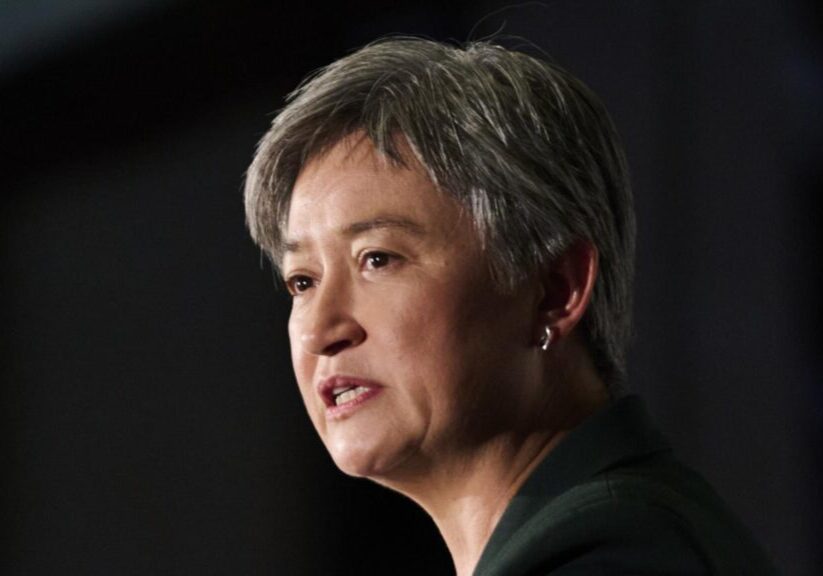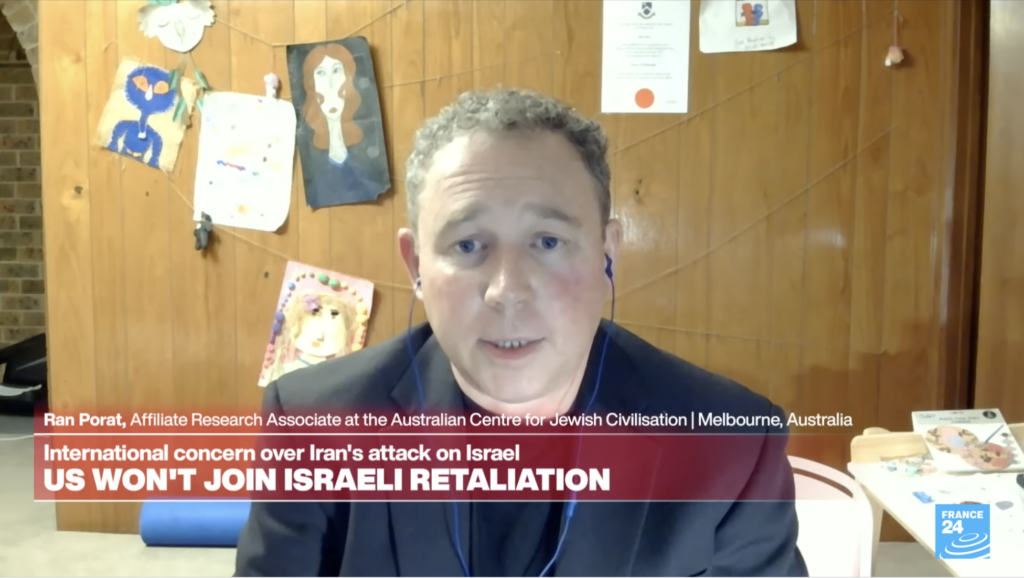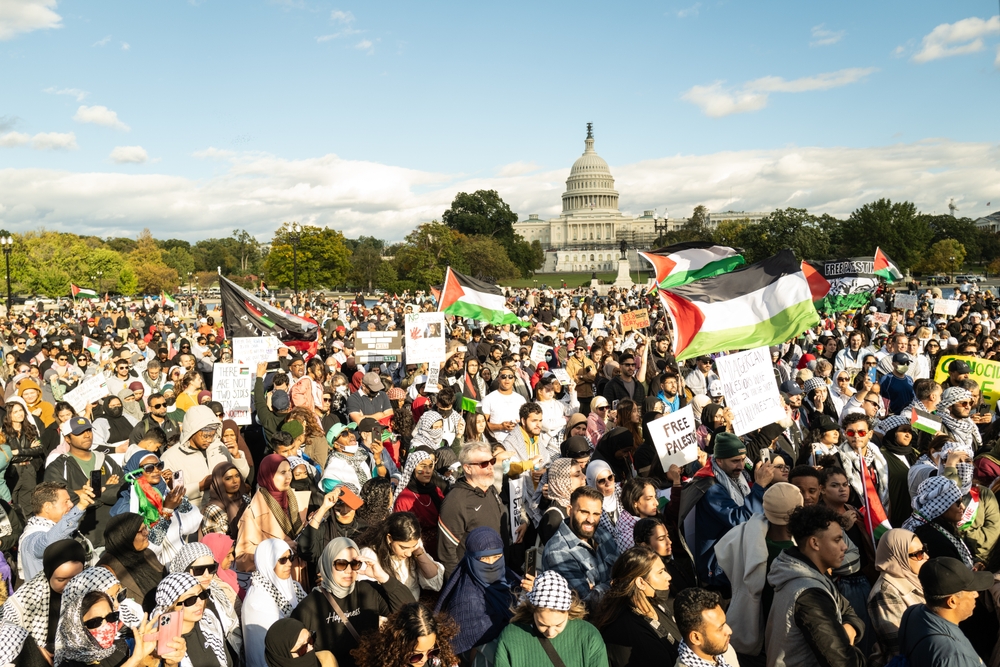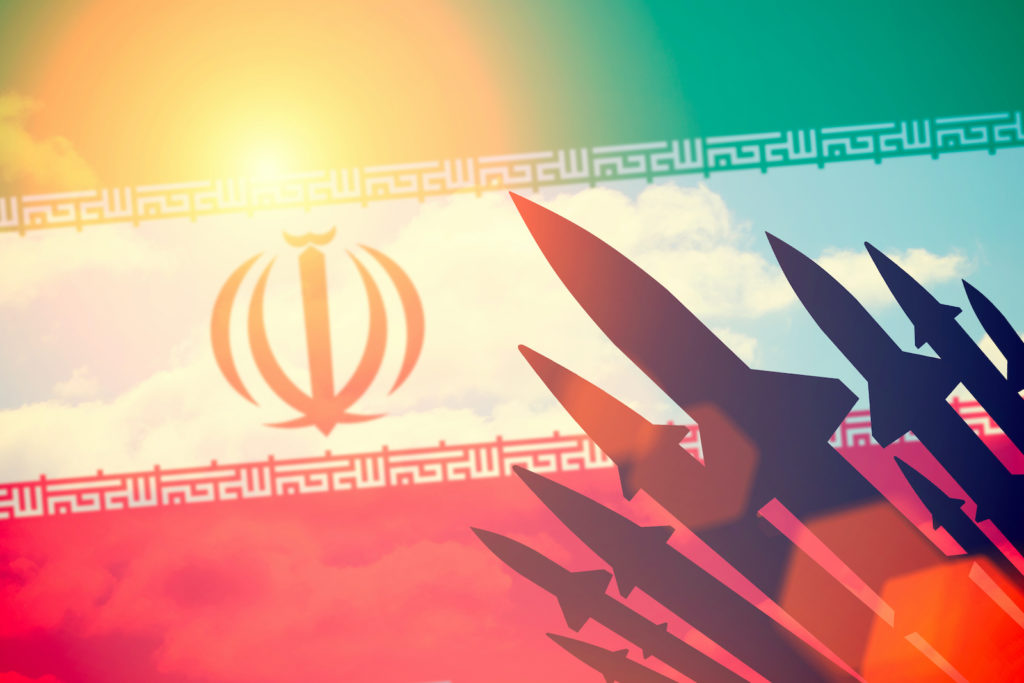IN THE MEDIA
Myth busting
Jun 10, 2008 | Bren Carlill
Bren Carlill
Online Opinion – June 10, 2006
http://www.onlineopinion.com.au/view.asp?article=7468&page=0
It’s time to debunk some myths.
Israel did not replace or destroy any country. It did not prevent the establishment of a Palestinian state. The Palestinian refugee crisis occurred because of the actions of Palestinian and other Arab fighters. The reason the Arab-Israel conflict persists is not because of Israel, but because of the intransigence of the Palestinian leadership and Arab world.
Israel did not replace or destroy any country. When Israel was established in 1948, there was not, nor had there ever been, a country called Palestine. The United Kingdom took the area from the Ottoman Empire (modern day Turkey) in 1917. The Ottomans, who didn’t call the area Palestine, took it in 1517, from the Mamluks, who were Egyptian. The Mamluks, who didn’t call the area Palestine, had been there since 1267 after taking it from the Mongols. Going back through history, the only locals who ever ran the area as an independent country were Jews.
Local Arabs began calling themselves Palestinian in the 1920s. Until then, they called themselves Syrians. Arab nationalists wanted a country called Syria to be established in the area now incorporating Syria, Lebanon, Israel and the Palestinian Authority. Only when the British and French imposed artificial political borders throughout the Middle East did Arabs, in what had become Palestine, start to identify themselves as Palestinians.
If you want proof, ask anyone to name a single pre-20th century cultural figure who identified themselves as Palestinian. They won’t be able to do it because it can’t be done.
The area was first called Palestine by the Romans, a century after the time of Christ, in honour of the Jews’ ancient enemies, the Philistines. Ironically, the Philistines got their name from the Hebrew Bible, which dubbed them Plishtim, from the verb lifphlosh, which means, “to invade”.
The local Arab population swelled dramatically in the 50 years before Israel’s establishment. Mandatory Palestine was one of the only places on earth not to be ravaged by the Great Depression. This was due to Jewish investment and immigration. Arabs, mostly from Egypt, moved to Palestine because that’s where the jobs were. It’s interesting that the Palestinian definition of “who is a Palestinian” is any Arab who was in Palestine on May 14, 1948 (the day Israel was established), or their descendents. You’ll note this definition doesn’t say, “any Arab born in Palestine before 1948”, because this would dramatically reduce the population. Yasser Arafat was born in Cairo. His Egyptian accent was a frequent subject of Arab mirth.
Israel did not prevent the establishment of a Palestinian state. After the Peel Commission, the British offered Palestinian Arabs a state in 1937, 11 years before Israel was established. Palestinian Arabs said no. The UN offered Palestinian Arabs a state in 1947, which was again rejected. From 1948-1967, when Jordan and Egypt occupied the West Bank and Gaza Strip, no Palestinian state was established. Significantly, when the Palestine Liberation Organisation was established in 1964, its platform specifically stated its goal was to replace Israel, not establish a Palestinian state in the West Bank or Gaza.
After Israel took the West Bank and Gaza in June 1967, it offered the land back in exchange for peace. The Arab League’s September 1967 Khartoum Declaration said “no peace with Israel, no recognition of Israel, no negotiations with it”.
The Israeli-Palestinian peace agreements of the 1990s were met with an increase, not decrease, in Palestinian terrorism. In 2000 and 2001, when Israel offered Palestinians a state, which included a capital in Jerusalem and 95 per cent of the West Bank, they again said no. At no point have Palestinians produced a counter-offer. They’ve simply said no. Israel cannot be blamed for the lack of a Palestinian state.
The Palestinian refugee crisis occurred because of the actions of Palestinian and other Arab fighters. The refugee issue has two aspects that few talk about. First, the majority of the refugees fled and were not pushed out. The Palestinian Arab leadership spread rumours of Jewish massacres in order to galvanise support for the cause. The plan backfired. Instead of fighting, many fled well before the war reached them. They locked their front doors and left, expecting to return a couple of weeks later, once the land was free of Jews. Hence the key as the symbol of Palestinian refugees. Most refugees around the world don’t have the time to bother about niceties like locking front doors.
Second, in the years after Israel’s establishment, the Arab world, annoyed they couldn’t massacre Palestine’s Jews, forced out their own countries’ Jews. More than 650,000 Jews were thus made refugees because of Israel’s establishment. These Jews have never been able to return home or gain compensation for their losses, estimated at $30 billion in today’s terms.
These Jews were absorbed into the world’s only Jewish country, because to leave refugees suffering needlessly is immoral. The Arab refugees have never been absorbed by any of the world’s 22 Arab countries.
During Israel’s War of Independence, Palestinian fighters wore no uniforms and sheltered in Palestinian villages, with the villages’ support. Thus, the distinction between fighter and civilian was erased. On top of this, the Palestinian leadership had announced its plan to massacre every Jew in Palestine. Yes, Jewish fighters were directly responsible for creating a significant minority of the Palestinian refugees, but this is perfectly understandable. The Jews were fighting to survive, and the Palestinian villagers were engaged in the war to kill the Jews.
It’s worth pointing out that Jewish villages occupied by Arab forces didn’t have quite so nice an option. Most Jewish prisoners of Arab forces weren’t made refugees; they were lined up and shot.
The reason the Arab-Israel conflict persists is not because of Israel, but because of the intransigence of the Palestinian leadership and Arab world. Israel has offered to make peace on dozens of occasions. The original idea, offered in 1937, offered again in 1947 and so on, was to create two states for two people. Israel is still committed to this.
Bren Carlill is an analyst for the Australia/Israel & Jewish Affairs Council
Tags: Iraq











